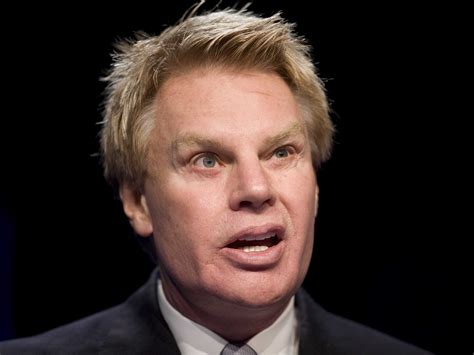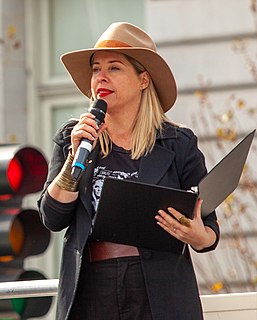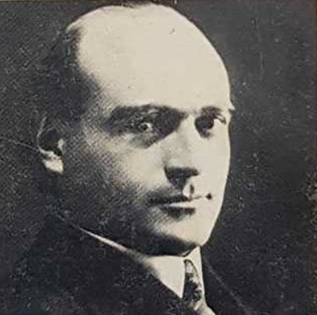A Quote by Edgar Mitchell
The answer to the nature of our existence is somewhere in the middle, and that, of course, is what we're looking for: how to see ourselves in a new picture of ourselves and understand the questions that humans have asked forever, "Who are we, how did we get here, where are we going, and what's the nature of this reality that we're in?"
Related Quotes
How do we define, how do we describe, how do we explain and/or understand ourselves? What sort of creatures do we take ourselves to be? What are we? Who are we? Why are we? How do we come to be what or who we are or take ourselves to be? How do we give an account of ourselves? How do we account for ourselves, our actions, interactions, transactions (praxis), our biologic processes? Our specific human existence?
But it is important to realize we are all trapped in mental constructs, and so we separate ourselves from reality; the whole world loses its aliveness-or, rather, we lose our ability to sense that aliveness, the sacredness of nature. When we approach nature through the conceptualizing mind, we see a forest as a commodity, a concept. We no longer see it for what it truly is, but for what we want to use it as. It is reduced. This is how it becomes possible for humans to destroy the planet without realizing what they are doing.
Through a lot of scientific and left-hemisphere thinking in the last 400 years, we've separated ourselves from nature, as if we were superior. We were looking at nature as a resource that we could manipulate. I think we're coming to a new understanding that it's just impossible. We are nature. We can't remove ourselves. We need to think more interdependently.
Ours has been called a culture of narcissism. The label is apt but can be misleading. It reads colloquially as selfishness and self-absorption. But these images do not capture the anxiety behind our search for mirrors. We are insecure in our understanding of ourselves, and this insecurity breeds a new preoccupation with the question of who we are. We search for ways to see ourselves. The computer is a new mirror, the first psychological machine. Beyond its nature as an analytical engine lies its second nature as an evocative object.
There is no need to invent an ego that is separate from the divine if our basic human nature is trusted. If we trust ourselves, we know how to avoid interfering with nature and how to live in harmony. When we know God as an unseen, loving, and accepting power at the heart of everything, allowing us to make our own choices, then God is a trusted part of our nature.
We see ourselves in other people’s eyes. It’s the nature of the human race; we are a species of reflection, hungry for it in every facet of our existence. Maybe that’s why vampires seem so monstrous to us—they cast no reflection. Parents, if they’re good ones, reflect the wonder of our existence and the success we can become. Friends, well chosen, show us pretty pictures of ourselves, and encourage us to grow into them. The Beast shows us the very worst in ourselves and makes us know it’s true .
I don't understand the notion that modern farming is anything do to with nature. It's a pretty gross interference with nature. I think it ought to be governed by the standards of how it affects the individual animals, just as we'd want to deal with institutions that deal with humans by how they affect individual humans.
I am super inspired by the Grand Canyon. Looking at nature and observing what it does even looking at a little seed, is impressive. I have a couple of plants at home and you see how they grow ... it's just like, "Whoa!" I'm really inspired by the newness of humans and nature, I think it's really cool.


































